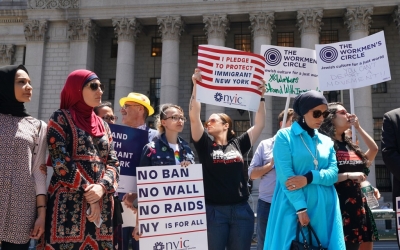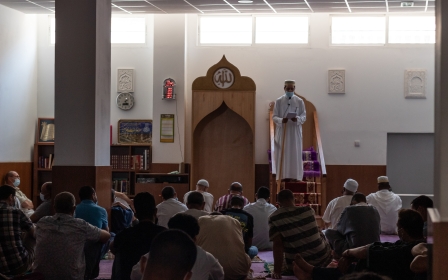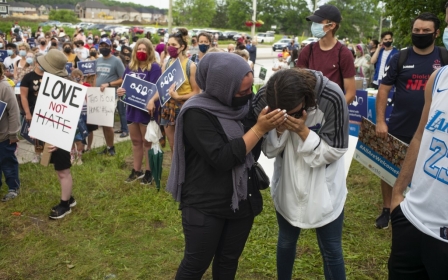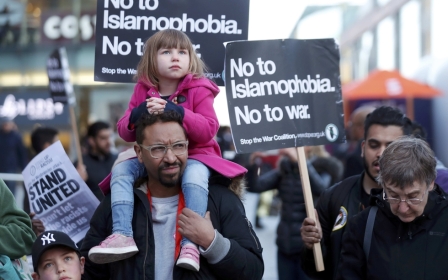Trump's 'Muslim ban' may have harmed health of Muslim Americans, study finds
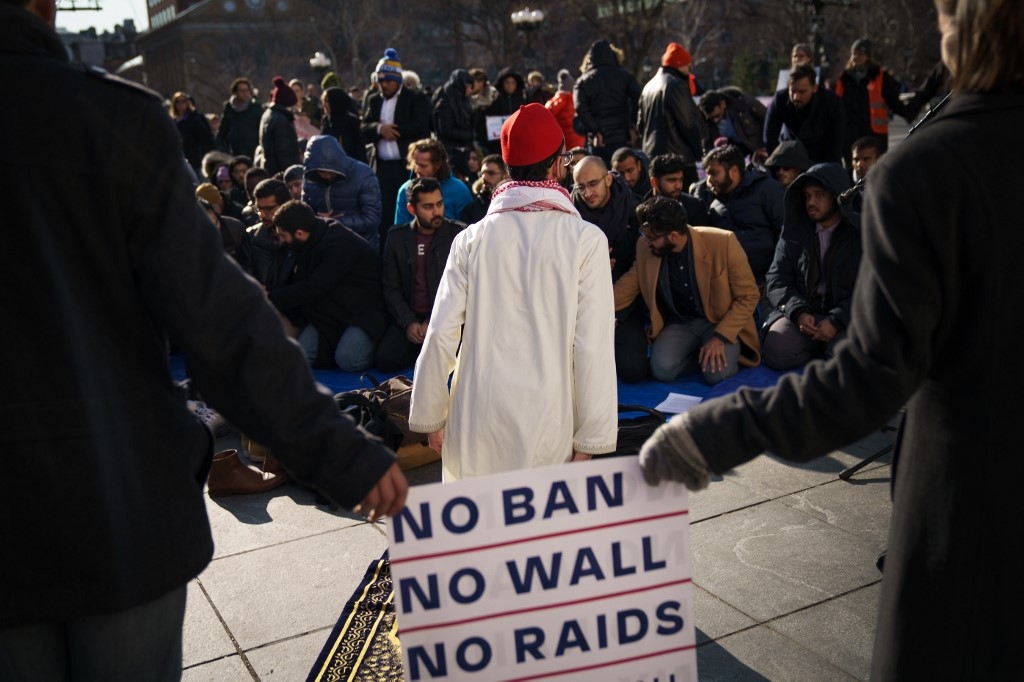
Former US President Donald Trump's "Muslim ban" may have contributed to a significant rise in emergency hospital admissions by Muslims in the state of Minnesota, according to a study led by researchers at Yale University.
According to the study, which was carried out in the year following the issuance of the ban and involved more than 250,000 people in the Minneapolis-St Paul area, there were 232 more visits to the emergency department by individuals from countries targeted by the order than researchers predicted.
Also, prior to the Muslim ban, primary care visits and diagnoses of stress for individuals from Muslim-majority nations were on the rise. But in the year following, there were approximately 101 missed primary care appointments.
"These findings may reflect elevated cumulative stress due to multiple restrictive policies and an increasingly hostile climate toward Muslim immigrants and refugees in the US," the study said.
The authors of the report, however, noted that because the study was conducted in only one metropolitan area and the sample mainly consisted of members of the Somali community, the analysis was not representative of all groups targeted by the Muslim ban.
However, in areas with smaller refugee and immigrant populations and fewer social resources, the negative health impacts there as a result of the Muslim ban could be even worse.
The study, published by the Journal of the American Medical Association (Jama), was conducted by the Yale School of Public Health, the department of emergency medicine at Brown University, Massachusetts General Hospital, and other institutions.
Islamophobia's health effects
In 2017, the Trump administration issued an executive order that barred individuals from Iran; Iraq; Libya; Somalia; Sudan; Syria; and Yemen from entering the US.
After a series of court battles and revised iterations, a final version of the ban was upheld with a list of countries including Iran; Libya; Somalia; Syria; Yemen; and North Korea.
The administration later extended the ban to exclude Sudan and Tanzania from participating in the diversity visa lottery scheme and barring individuals from Nigeria, Eritrea, Myanmar and Kyrgyzstan.
On President Joe Biden's first day of office in January, he signed an executive order that reversed the ban, which the current administration described as "xenophobia and religious animus".
Gregg Gonsalves, the study's senior author, told Yale News that the findings strengthen the argument that Trump's policies impacted the health of Muslim Americans.
"This offers support to the thesis that the Islamophobia fostered by former President Trump affected the health of Muslim Americans in the United States and that immigration policies can have indirect and unexpected consequences for those targeted by such actions," Gonsalves said.
For years, experts have been arguing that Islamophobia and anti-Muslim sentiment should also be seen as a public health issue, with discrimination leading to adverse health effects including stress and mental health issues.
A 2018 research review by the University of California-San Francisco, University of California-Los Angeles and Stonybrook University highlighted a number of ways in which Islamophobia has negatively impacted the health of both Muslim and Arab populations in the US.
Four studies that examined the mental health of Arab and Chaldean Americans in Detroit, Michigan found that discrimination based on race, ethnicity or religion was associated with higher levels of psychological distress.
Women who wore the hijab also reported more discrimination in health care settings than women who did not, according to the research review.
Middle East Eye delivers independent and unrivalled coverage and analysis of the Middle East, North Africa and beyond. To learn more about republishing this content and the associated fees, please fill out this form. More about MEE can be found here.


